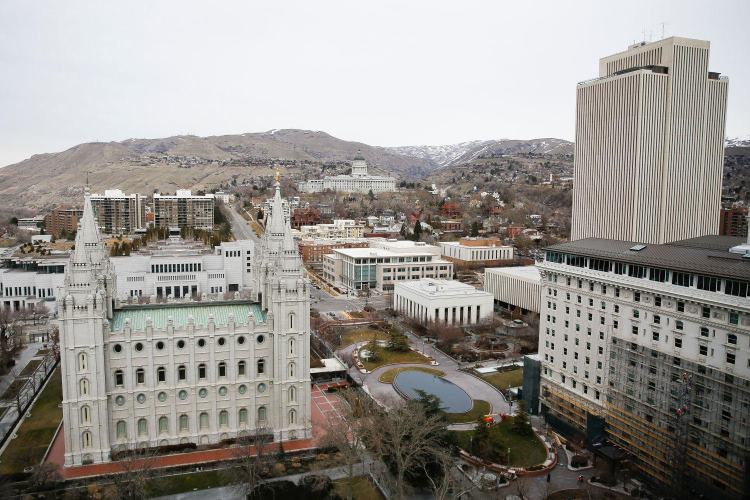|
LDS Church First Presidency releases update on abuse, interview protocol for leadership
By Genelle Pugmire
The First Presidency of The Church of Jesus Christ of Latter-day Saints issued an updated policy on church leadership manuals on preventing and responding to abuse. It is an update to the guidelines first issued in 2008 in Handbook 1, which is issued to church leadership such as stake presidencies and bishoprics. In the 2008 letter from the First Presidency they define abuse as, “the mistreatment or neglect of others (such as a child or spouse, the elderly, or the disabled) in a way that causes physical, emotional, or sexual harm. “Abuse causes confusion, doubt, mistrust, and fear in the victims and sometimes inflicts physical injury. Most, but not all, allegations of abuse are true, and should be taken seriously and handled with great care. Abuse tends to become more severe over time. “The Lord condemns abusive behavior in any form — including neglect and physical, sexual or verbal abuse. Most abuse violates the civil laws of society.” Monday’s letter from the First Presidency said, “This global issue continues to be of great concern to us today. “Our hearts and prayers go out to all who are affected by this serious problem.” The following is new and has been added to the updated policy: “When a member of a stake presidency or bishopric or another assigned leader meets with a child, youth, or woman, he or she should ask a parent or another adult to be in an adjoining room, foyer, or hall. If the person being interviewed desires, another adult may be invited to participate in the interview. Leaders should avoid all circumstances that could be misunderstood (see Handbook 1, 7.4).” Last week, allegations came to light from two women saying they had been sexually assaulted and abused by Joseph L. Bishop, former president of the Provo Missionary Training Center. The severity of the allegations prompted the church to respond in a press release, which provided a timeline of events surrounding the abuse and what leaders knew about the case. For some years, the church has operated a free and confidential abuse help line, 1 (800) 453-3860, ext. 2-1911, established for bishops and stake presidents in the United States and Canada, according to the church. Handbook 1 continues, “In other areas, bishops who learn of possible abuse should contact their stake presidents, who will seek guidance from the Area Presidency.” The help line is available for bishops and stake presidents to call any time when addressing situations involving any type of abuse. Bishops and stake presidents should utilize the help line about every situation in which he believes a person may have been abused or neglected or is at risk of being abused or neglected. When bishops or stake presidents call the help line, legal and clinical professionals will answer their questions and provide instructions about how to assist victims, comply with local laws and requirements for reporting abuse, and protect against further abuse. Contact: gpugmire@heraldextra.com
|
.
Any original material on these pages is copyright © BishopAccountability.org 2004. Reproduce freely with attribution.
